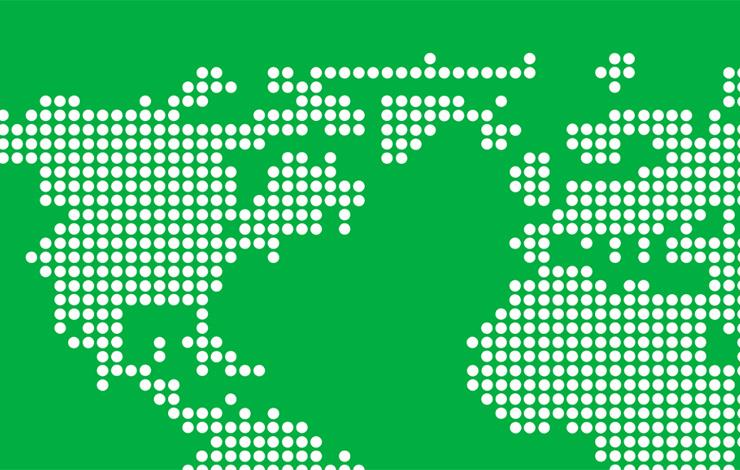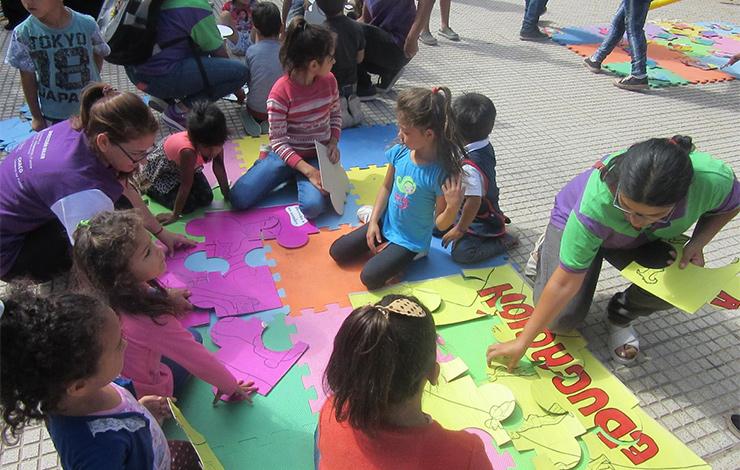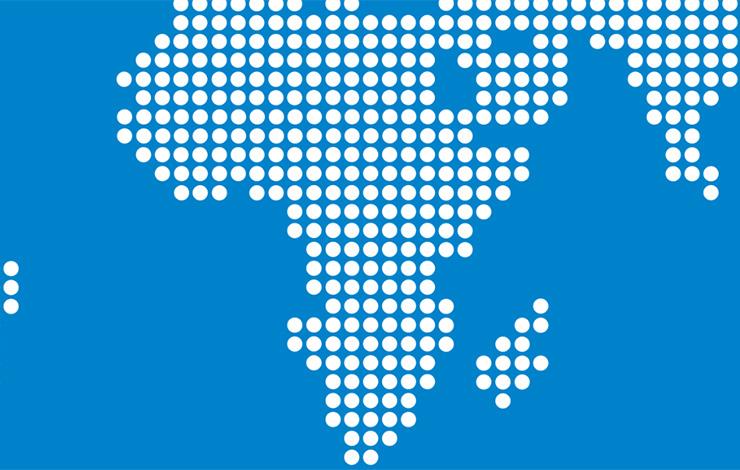Related Posts
The project aims to fill a gap in research on this topic by examining the nature and scope of statelessness in the United States.
The enforced legal framework in Argentina contains a generous catalogue of rights, including the constitutional protection of women's rights and specific national legislation dedicated to gender ...
In the last two decades, great changes have occurred in international environmental law. Many new Multilateral Environmental Agreements (MEAs) have come into existence, and have transformed how ...
Guest post
Why We Must Protect the Rule of Law
Guest post
Why the Rule of Law Matters
Guest post





